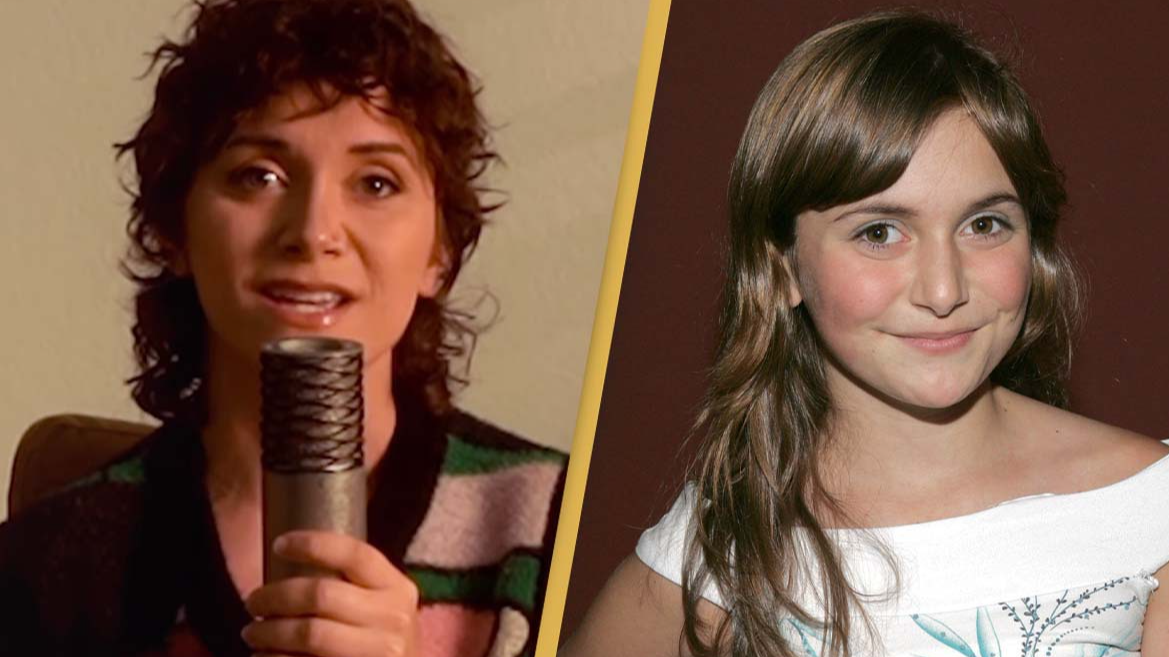De-roling: The Essential Tool To Release a Character and Regain Yourself
Ever caught yourself brooding over a character long after the cameras stopped rolling? You're not alone. For young actors especially, diving deep into emotional roles can leave a lasting impression.
Most adults learn to compartmentalize things to cope and function. Developing children cannot always do this, and most likely not as effectively as they could to stay grounded and safe after a traumatic scene.
Alyson Stoner, who you might remember from her Disney days, mentioned on her podcast, “Dear Hollywood” the need for "de-roling"—a conscious effort to shed a character after a performance. This is your guide to de-roling, an essential skill for young actors navigating emotionally heavy roles.
Why Is De-roling So Important?
Emotional Baggage: Young actors, much like their adult counterparts, can carry the emotional weight of a character well beyond the set or audition room. This baggage can infiltrate their personal life and self-identity.
Mental Health: The lines between reality and fantasy can blur, leaving young actors vulnerable to emotional scars that could have been avoided with proper de-roling techniques.
Compartmentalization: Just as adults learn to separate various aspects of their lives to cope with stress, kids need to compartmentalize their roles from their true selves.
Check out the DEAR HOLLYWOOD youtube podcast with excellent insight from a former child actor
Words of Wisdom from Alyson Stoner
"I learned about the concept of de-rolling. There are specific techniques to process the audition, release the story and character, and safely re-enter your day. But no one told me about that, so a lot lingered...I couldn't separate what was mine or the characters."
Her experience serves as a cautionary tale. It's high time we empower our young actors with the knowledge and tools to de-role successfully.
She goes on to say,”There's a specific gruesome false memory I created after I was coached for an audition, where the character's mother dies. And I was told to pretend my real mother was dying as a way to make myself cry. I didn't ever tell my mom this because I thought it could really hurt her. After that audition I returned to this image a number of times for characters with similar stories, feeling gutted and tormented.”
PARENT BETA TESTERS NEEDED
Get a huge discount on this brand new course, “Level Up!” that is a bona fide roadmap to becoming a competitive child actor navigating the TV/Film Industry.
Tips and Exercises for Effective De-roling
Cool-down Exercises
Deep Breathing: Simple, but effective. Take deep, measured breaths to center yourself.
Body Shakes: Literally shake off the residual emotions and physicality of the character.
Verbal Decommission
Speak Out: Declare that you are stepping out of the role. Make it official; make it loud.
Costume & Prop Divestment
Shed to Shed: Remove any wardrobe or props related to the role as a symbolic gesture of leaving the character behind.
Reflective Practice
Journaling: Write down what you felt during and after the role. Reflect on it, then close the book.
Peer Review: Discuss the emotional journey with a trusted friend or mentor.
Mental Imagery
Visualize: Picture yourself shedding the character, piece by piece. Let them float away like balloons in the sky.
Grounding Techniques
Five Senses: Touch something real, smell the fresh air, listen to your favorite music. Engage your senses to bring you back to the 'here and now.'
Combatting Audition Anxiety
Pre-audition Meditation: A quick meditation session can help center your thoughts and emotions before stepping into character.
Affirmations: Keep a set of positive affirmations handy. Read them out loud before and after the audition.
How to Release Characters, Types, and Traumas
Script Purging: Once you're done with a script, particularly one that has heavy themes, make it a ritual to symbolically dispose of it. Maybe tear it up or burn it (safely, of course).
Therapeutic Consult: For particularly intense roles, it may be beneficial to consult with a drama therapist who can guide you through a healthy emotional release.
Acting is about metamorphosis, and de-roling is the final, often overlooked, stage of that transformation. The character should live in the scene but doesn't have to take up residence in your soul. So go ahead, take that bow, but don't forget to leave the character behind as you exit stage right.
Private Coaching Helps
An honest, yet sensitive acting coach to prepare your child actor for the demands of even the toughest roles.






